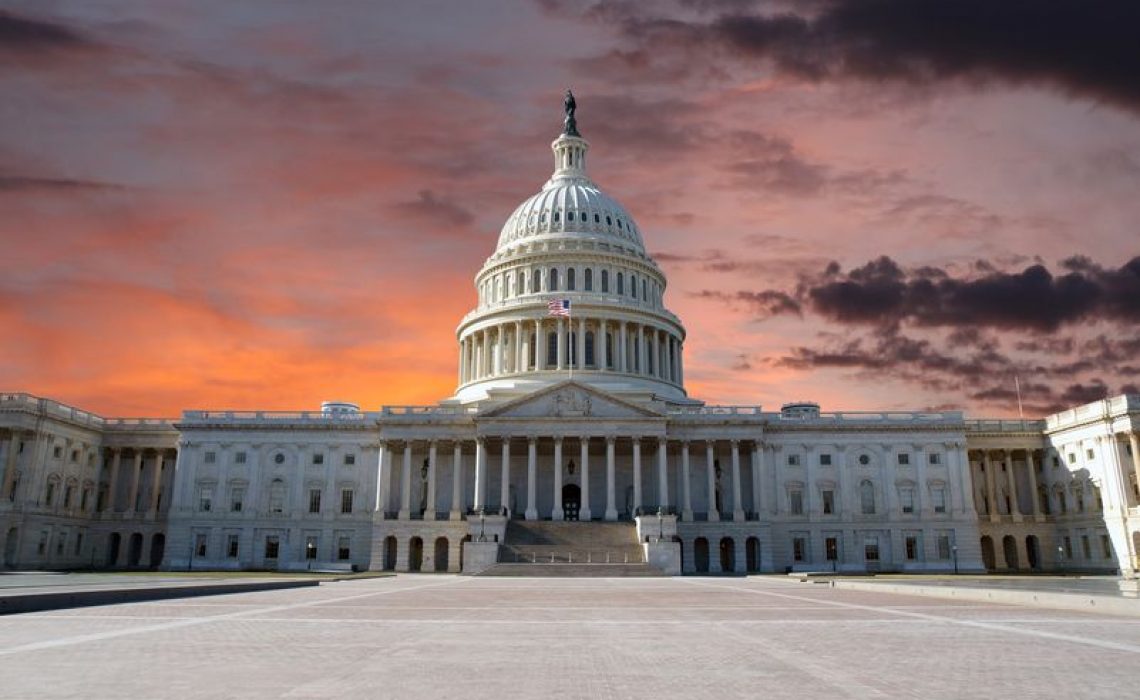
False Claims Act
The average person has likely never heard of the Federal False Claims Act (the “FCA”). 31 U.S.C. §§ 3729 – 3733. Yet, it will likely touch the lives of most Americans directly or indirectly at some point.
The FCA imposes liability on individuals and companies who defraud governmental programs and is widely used in the context of health care, military and other governmental spending programs. It is estimated that our government has recovered in excess of $33 billion dollars since the FCA’s amendments in 1986.
Congress enacted the FCA during the Civil War to combat fraud against the federal government by suppliers to the Union Army. During the Civil War, corrupt contractors sold the Union Army lame or sick horses and mules, defective rifles and ammunition, and spoiled provisions. In an effort to curtail such actions, Congress enacted the FCA. Because it was passed during the Lincoln administration, it is also known as the Lincoln Law. For its first one hundred years, the FCA was used relatively sparingly as an enforcement tool. The FCA was called upon with more frequency, albeit ineffectively, during World War II. It was not until the FCA was dramatically revamped in 1986 that the federal government began to reap the benefits of large FCA recoveries.
The 1986 amendments to the FCA came on the heels of the highly publicized accounts of abuses in the defense contracting industry, with the government allegedly being overcharged by thousands of dollars for items such as hammers and toilet seats. The 1986 amendments significantly expanded the role of whistleblowers (called relators), increased financial incentives for the relators, increasing the penalties paid to the government per fraudulent submission/occurrence, and reduced a number of the roadblocks that had prevented successful outcomes in the past.
Since the 1986 amendments, the FCA has become our government’s most effective and successful tool in combating fraud, waste, and abuse in federal spending. The relator now plays a crucial role in FCA litigation. Because the government lacks the resources and information to identify all potential violations of the FCA, it relies on the relator to be its eyes and ears. The relator can receive from 15-25 percent of the amount recovered. It is estimated that relators have collected upwards of $2 billion in statutory rewards since 1986.
Initially the FCA was used primarily against defense contractors. However, that focus shifted in the late 1990’s to health care fraud. Close to one-half of all recoveries since 1986 and the majority of the largest settlements (some of which are pharmaceutical settlements) have come from health-care related cases. As the health care industry expands to meet the needs of the aging baby boomer population, one can expect to see even more FCA litigation in the health care industry.
Currently, the civil penalty, per violation, ranges from $5,000 to $10,000, plus treble damages that the Government sustains. There can be numerous violations in one invoice or submission to the government for payment. Indeed, the average Medicare submission contains numerous line items and the average defense contractor submission can contain upwards of hundreds of line items, each of which could be deemed individual violations of the FCA. The penalties add up quickly, making for large recoveries for the government.
The FCA was amended in 2009 to further reduce any hurdles to a successful recovery by broadening measures within the FCA, to include expanding the scope of liability and broadening the definition of the term “claim”; and increasing the protection for relators to include not only employees, but to also include contractors and agents.
The FCA expanded again in 2010 with the enactment of the Patient Protection and Affordable Care Act (“PPACA”). Prior to the PPACA, a relator’s claims could be dismissed or barred if the cases were based on a public disclosure from public hearings or news reports. After the enactment of the PPACA, the public disclosure bar no longer applies. Additionally, the PPACA broadened the definition of an “original source” from “direct and independent knowledge of the information on which the allegations are based” to “knowledge that is independent of and materially adds to the publicly disclosed allegations or transactions.”
With these amendments, any overpayment, whether accidental or otherwise, that is not returned, could be viewed as a violation of the FCA, subjecting a person to substantial penalties. Additionally, these amendments now open the door for any violation under the federal Anti-Kickback Statute to also be viewed as a violation of the FCA.
Because of the ever-expanding Federal False Claims Act, those persons or businesses who deal directly with the federal government should take necessary steps to verify all submissions that will be made to the government for payment or approval, before the submission is made.
Jacqueline Gaithe has a varied practice which includes commercial litigation.



